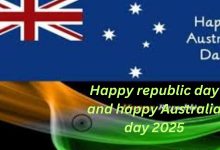What to say instead of happy Australia day 2025
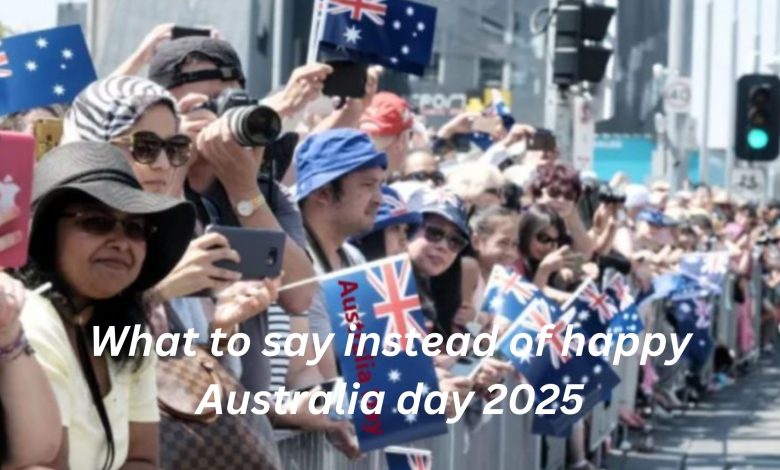
Australia Day has become a deeply divisive topic in recent years. For some, it is a day of patriotism and festivity, while for others, it is a painful reminder of invasion and dispossession. January 26th marks the anniversary of the British fleet’s arrival at Gadigal Country (Sydney Cove) in 1788—a date that many Aboriginal and Torres Strait Islander peoples regard as “Survival Day” or “Invasion Day.”
The growing awareness of this historical context has sparked meaningful conversations about how we recognize January 26. Many Australians feel conflicted about celebrating the day, unsure of how to approach it respectfully and inclusively. If you’re looking for alternatives to saying “Happy Australia Day” in 2025, this blog will provide thoughtful suggestions, as well as broader ways to engage with the day in a manner that aligns with respect for all perspectives.

Why Do Some People Avoid Saying “Happy Australia Day”?
To understand why alternatives to “Happy Australia Day” are important, it helps to know the history behind the date. For Aboriginal and Torres Strait Islander peoples, January 26 represents the start of colonization, which brought dispossession, violence, and harmful policies that continue to impact Indigenous communities today.
For many non-Indigenous Australians, this growing awareness has led to a recognition that celebrating the day as a national holiday excludes and marginalizes these deeply painful experiences.
Rather than perpetuate this pain, evolving the conversation around January 26 is a meaningful way to foster reconciliation and unity. Words matter, especially on such a contentious day, and the language you use can demonstrate your commitment to inclusivity.
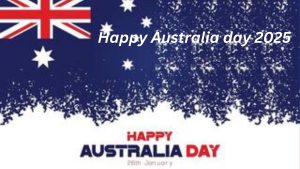
Thoughtful Alternatives to “Happy Australia Day”
Here are some suggestions for how you can acknowledge January 26 in inclusive and respectful ways:
1. “Reflect, Respect, and Celebrate”
This phrase aligns with the official tagline promoted by the National Australia Day Council and focuses on reflection and respect for Australia’s history and cultural diversity. It’s a balanced way to acknowledge the day without erasing its complex history.
2. “Wishing You a Thoughtful Day”
This simple yet considerate greeting invites others to reflect on what the day means to them, creating an opportunity for meaningful conversations.
3. “Happy Acknowledgment Day”
Rather than focusing purely on celebration, this phrase emphasizes the importance of acknowledging Australian history, including both triumphs and tragedies.
4. “Thinking of Our Shared Journey Today”
This greeting recognizes the shared experiences of all Australians while allowing space for individuals to process January 26 in their own way.
5. “Today, We Reflect Together”
This statement invites others to join you in pausing to reflect, setting a tone for thoughtful dialogue about Australia’s history and future.
6. “Enjoy the Public Holiday”
If you’re not sure how someone feels about the day, this neutral approach sidesteps controversy while still acknowledging the occasion.
7. “Standing Together for Progress”
Use this phrase with people who share your desire to move toward a more inclusive Australia. It’s as much a call to action as it is a greeting.
8. “Wishing You a Day of Connection”
Connection can mean many things—connection to culture, family, community, or the land. This phrase is kind, inclusive, and open to interpretation.
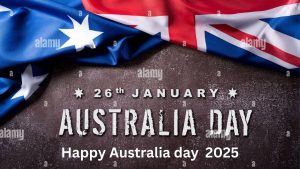
How to Engage with January 26 Respectfully
Beyond adjusting your language, there are several actions you can take to ensure your acknowledgment of January 26 is respectful and meaningful:
1. Learn About Indigenous Perspectives
Start by educating yourself on why many Indigenous Australians feel that celebrating on January 26 is inappropriate. Resources such as documentaries, books, and community events can offer valuable insights into Australia’s complex history.
2. Attend or Support Indigenous-Led Events
Many cities hold Survival Day or Invasion Day rallies, festivals, and ceremonies that highlight and celebrate Aboriginal and Torres Strait Islander cultures. These events provide opportunities to learn, listen, and show support for Indigenous communities.
3. Engage in Activities of Reflection
Use the day to reflect on Australia’s history, reconciliation, and your role in supporting a more inclusive future. Consider visiting a local museum, joining a guided tour on Indigenous culture, or hosting a discussion with friends and family.
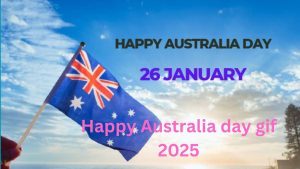
4. Avoid Nationalistic Displays
Steer clear of overtly patriotic phrases or symbols that could be perceived as dismissive of the day’s complex history. Acts like waving the classic Australian flag or dressing in national colors can unintentionally alienate those who feel hurt by January 26.
5. Show Respect on Social Media
If you post on social media, consider messages centered around inclusion, respect, and reflection. Avoid generic posts saying “Happy Australia Day,” and instead highlight what you’re learning or doing to honor the day’s significance.
6. Advocate for a Date Change
Many Australians support shifting the national day to an alternate date that fosters unity rather than division. While this might seem like a small step, voicing your support can contribute to broader cultural shifts.





